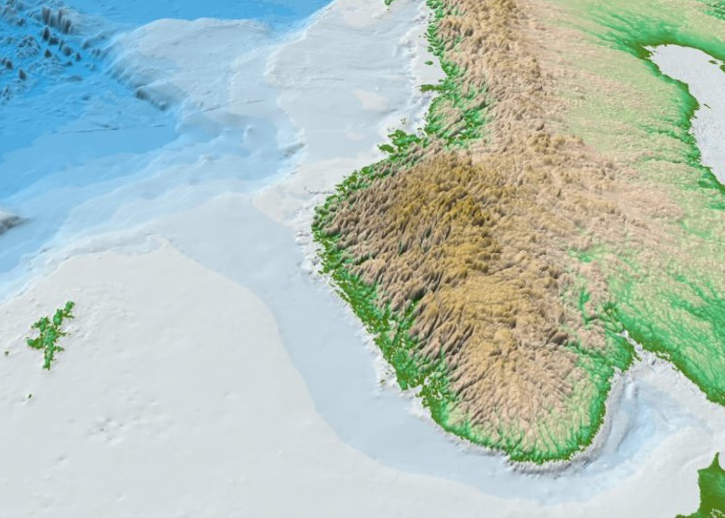The National Centre for Sustainable Subsurface Utilization of the Norwegian Continental Shelf (NCS2030) is a research initiative hosted by the University of Stavanger.
Blog post
The blogpost is written by

The centre is run in collaboration with NORCE, IFE and UiB, and the support of the Norwegian Research Council and industry. NCS2030 has received significant funding, which is a testament to its credibility and the importance of its work.
Its primary goal is to drive scientific and technological advancements to facilitate the energy-efficient, multi-purpose utilization of the subsurface, contributing to a “Sustainable Subsurface Value Chain” and achieving net-zero emission goals.
Key Focus Areas
- Subsurface Energy Systems: Researching and developing methods for efficient hydrocarbon production, hydrogen and CO₂ storage, and geothermal energy utilization.
- Net-Zero Emission Production: Innovating processes to reduce emissions in hydrocarbon production.
- Digitalisation: Leveraging digital technologies to improve decision-making and operational efficiency.
- Society: Addressing the societal impacts and policy implications of subsurface energy utilization.
- Education and Outreach: The centre also focuses on education and outreach, offering master’s thesis projects and PhD opportunities. At our webpage, you can find a lot of information about our activities. Regular webinars and participation in national and international conferences are part of our efforts to disseminate research findings and engage with the broader community.
NCS2030 is highly regarded for its contributions to sustainable subsurface utilization and energy transition. Here are some reasons why it is considered a good centre:
- Innovative research: NCS2030 focuses on cutting-edge research in areas such as subsurface energy systems, net-zero emission production, and digitalization. This helps in advancing knowledge and technology for sustainable energy solutions.
- Holistic approach: NCS2030 adopts a holistic approach to energy-efficient subsurface utilization, aiming to create a sustainable value chain from start to finish. This includes both the extraction of new resources and the storage of CO₂ and hydrogen.
Overall, NCS2030 is well-positioned to make substantial contributions to sustainable energy and subsurface utilization.
